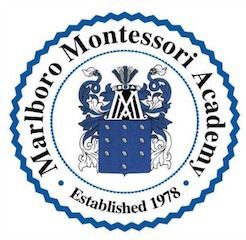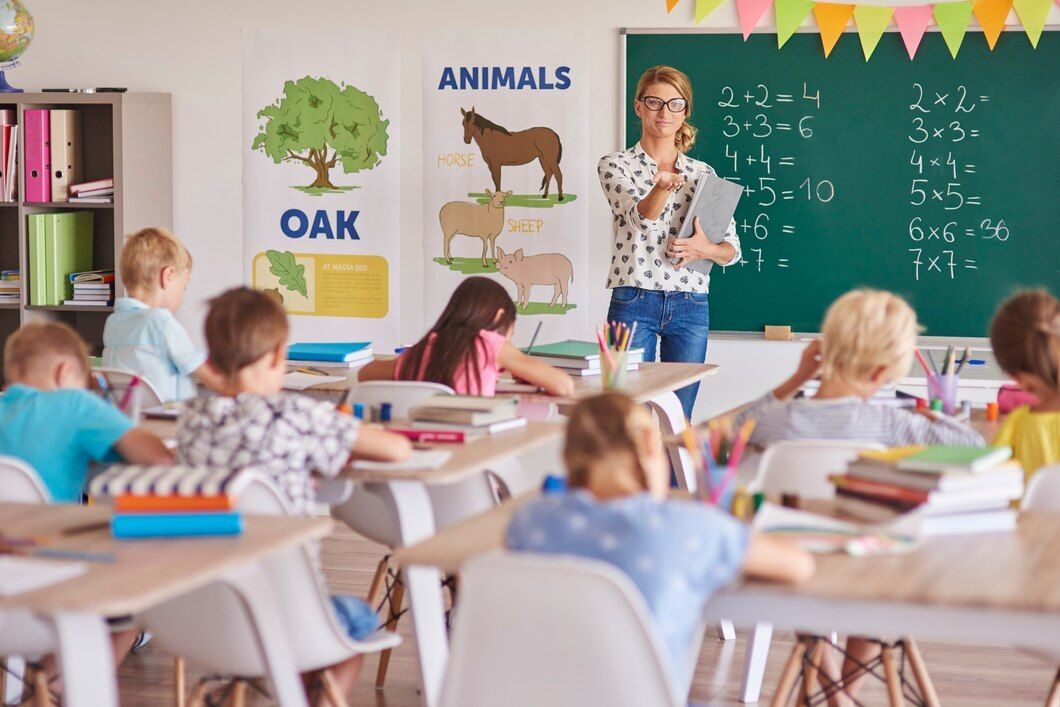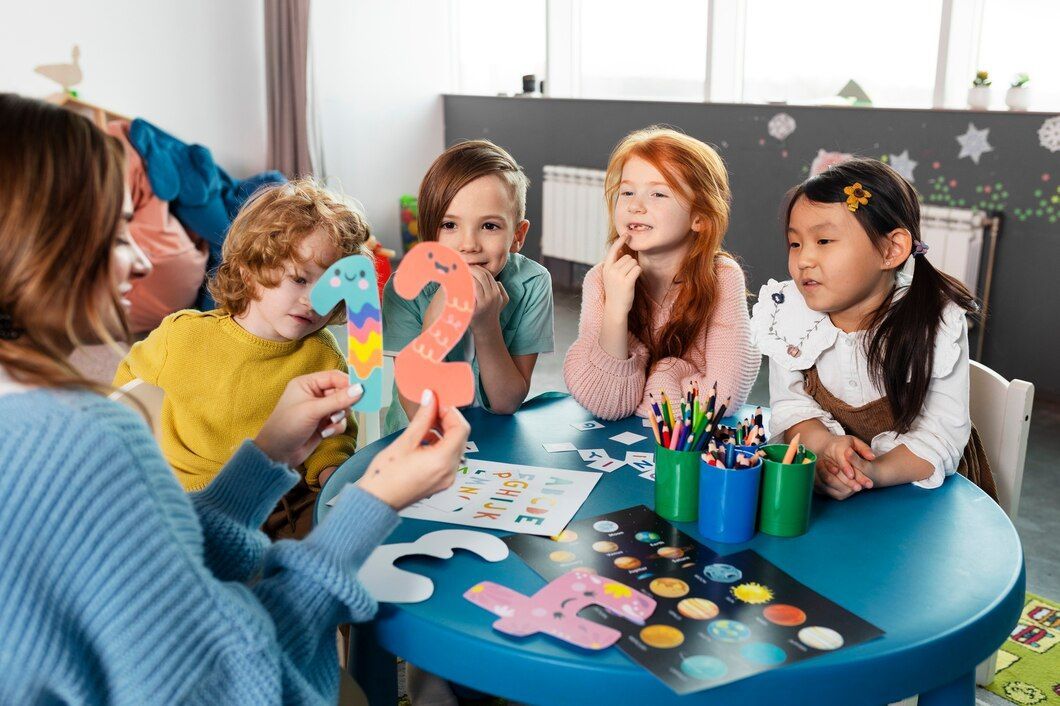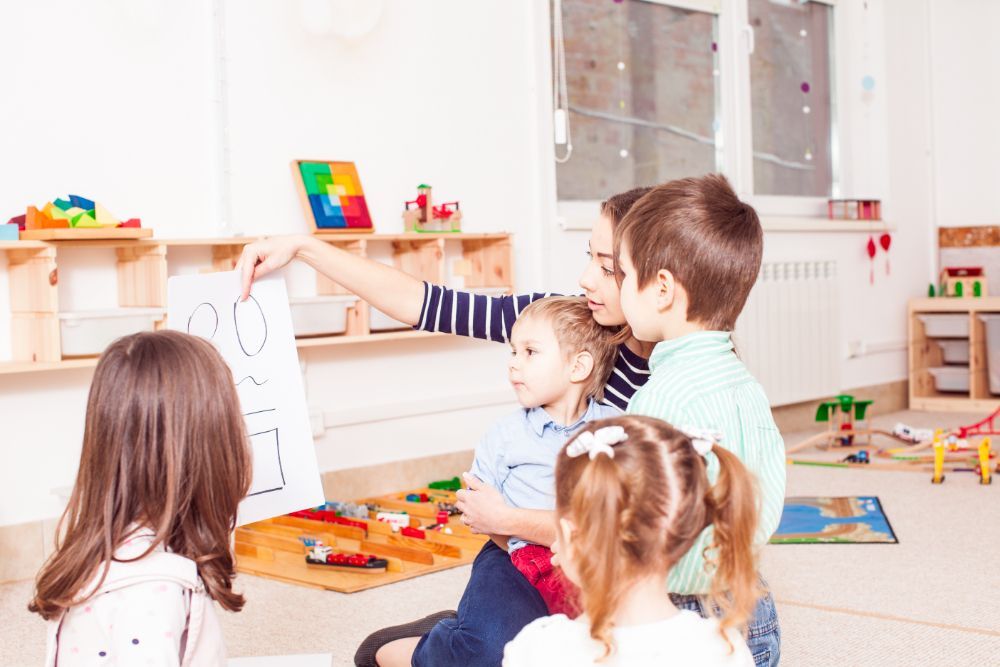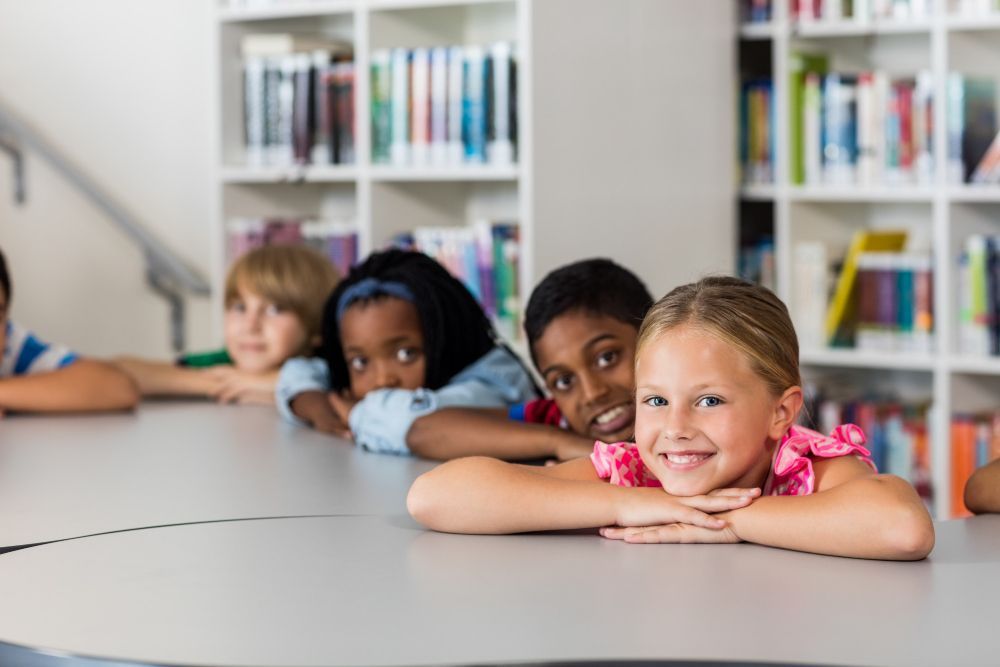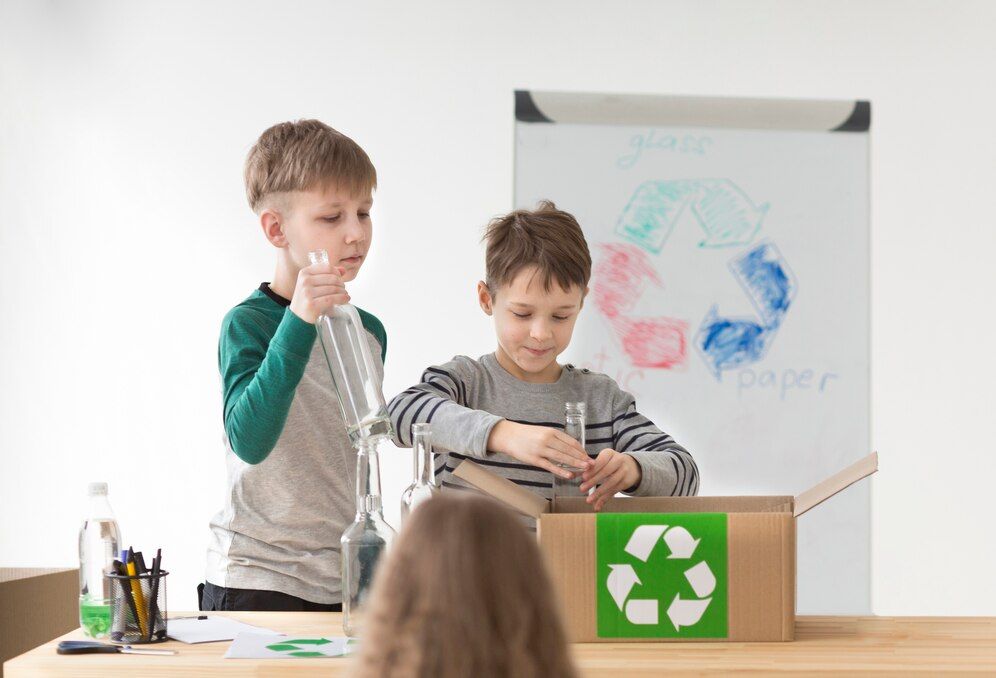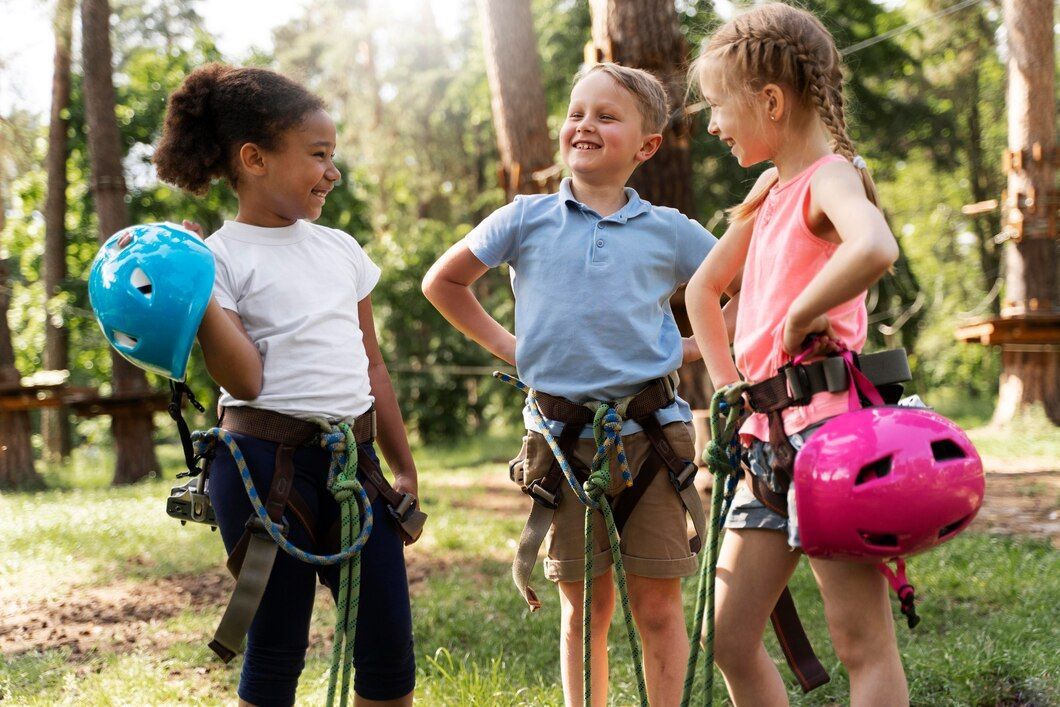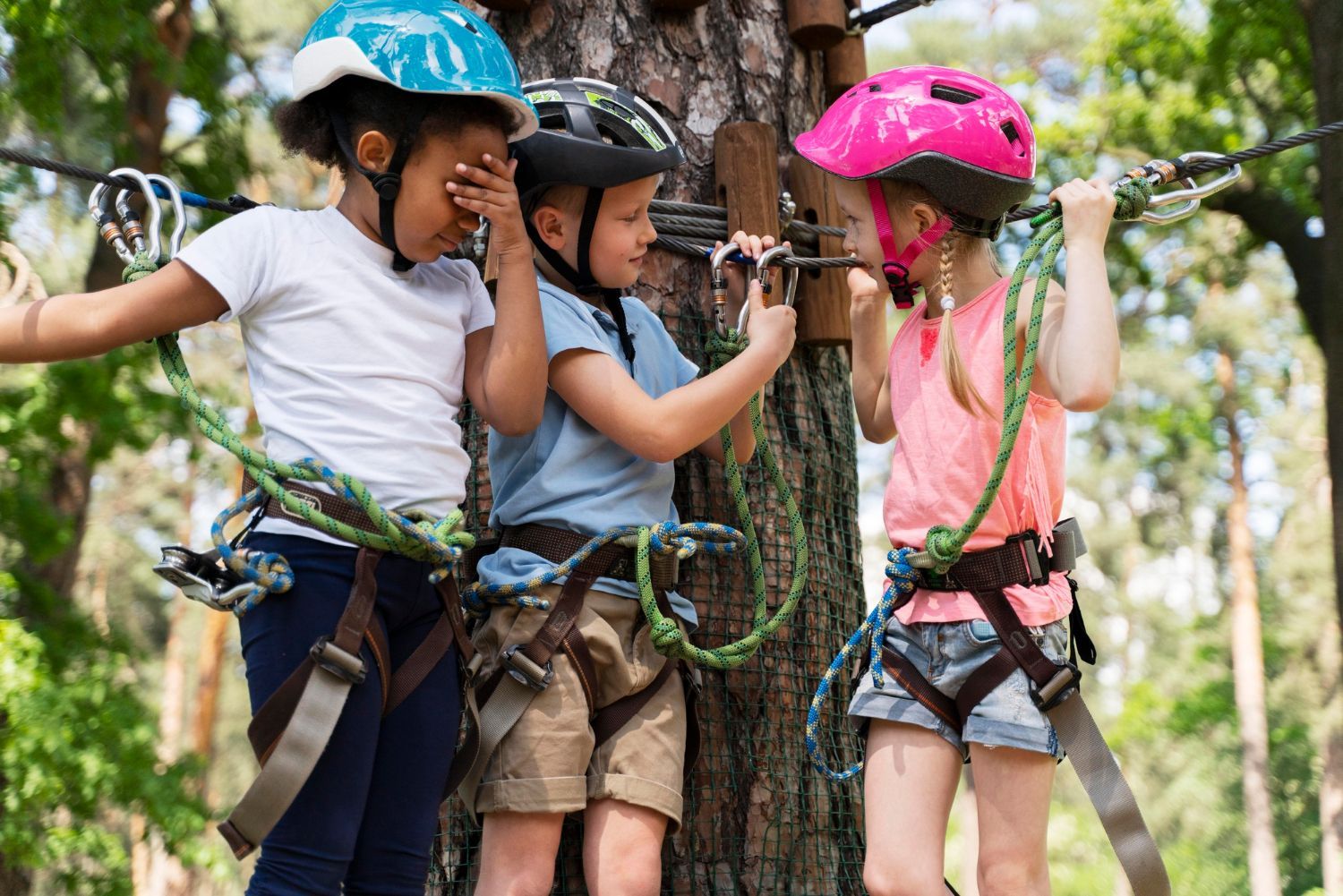Unlocking the Power of Practical Life Activities in Montessori Education
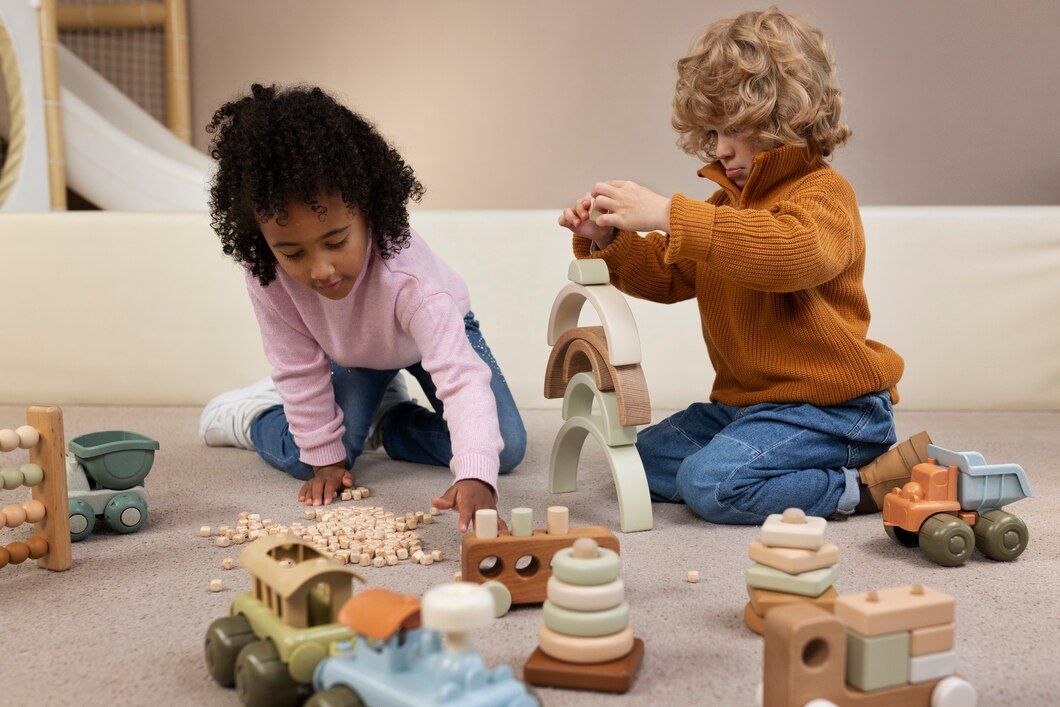
One of the most distinguishing features of Montessori education is its emphasis on incorporating Practical Life activities into the curriculum. These activities play a central role in laying the foundation for essential life skills, nurturing independence, responsibility, and a strong work ethic in children. Through engaging in tasks that replicate real-life experiences, children develop a sense of accomplishment, gain confidence in their abilities, and become prepared for future challenges both within and outside the classroom.
In this article, we will explore the various aspects of Practical Life activities in Montessori education and the profound impact they have on your child's development. We will delve into the guiding principles behind these activities, discussing their goals and the benefits they offer in fostering essential traits and skills. Additionally, we will examine specific examples of Practical Life exercises and how they promote hands-on learning, enhancing children's cognitive, physical, and emotional growth.
Join us as we unravel the importance of Practical Life activities in Montessori education and the significant role they play in shaping well-rounded, capable, and responsible children. With a solid understanding of the myriad ways these activities enrich your child's learning experience, you'll appreciate the long-term value they provide in preparing your child for success in various facets of life.
Let us partner with you in fostering well-rounded growth and real-life skills for your child through Montessori education and Practical Life activities at Marlboro Montessori Academy. Together, we can empower your child to embrace independence, responsibility, and confidence as they embark on their educational journey.
The Four Essential Categories of Practical Life Activities
Practical Life activities in Montessori education are typically grouped into four main categories. These categories encompass a multitude of exercises designed to holistically develop vital skills and values in children:
1. Basic Living Skills
Basic living skills include activities that involve personal hygiene, food preparation, and cleaning, enabling children to become self-sufficient and responsible for their well-being.
2. Fine Motor Development
Fine motor exercises entail tasks that require hand-eye coordination, precision, and careful manipulation, nurturing children's dexterity and preparing them for academic pursuits.
3. Grace and Courtesy
Grace and courtesy activities focus on social etiquette, manners, and communication, helping children develop empathy, respect, and understanding of cultural norms.
4. Control and Coordination of Movement
These exercises emphasize balance, smooth motions, and mindfulness, fostering physical awareness and promoting concentration and focus.
The Impact of Practical Life Activities on Child Development
By incorporating Practical Life activities into the Montessori curriculum, children gain profound developmental benefits from early on in their education:
1. Independence and Responsibility
By mastering daily living tasks, children develop a strong sense of independence and the confidence to take care of themselves, building a foundation for future challenges and responsibilities.
2. Cognitive and Problem-Solving Skills
Practical Life exercises require children to think critically, sequence steps, and solve problems, stimulating cognitive growth and enhancing their ability to tackle new challenges.
3. Emotional Development and Empathy
Grace and courtesy activities encourage children to express their emotions thoughtfully, understand others' feelings, and navigate social interactions with respect and kindness.
Examples of Practical Life Exercises in Montessori Classrooms
To better understand the scope and significance of Practical Life activities in Montessori education, let us examine some specific examples and the skills they promote:
1. Pouring and Transferring Exercises
Pouring and transferring exercises often involve the use of a variety of containers, liquids or solids, and tools such as spoons or tongs, encouraging children to develop concentration, control, and fine motor skills.
2. Food Preparation and Serving
Children may engage in tasks such as slicing fruit, making sandwiches, or setting the table, fostering responsibility, independence, and nurturing the ability to contribute to the community.
3. Dressing Frames
The dressing frames are designed with various types of fastenings, such as buttons, zippers, and buckles, allowing children to practice fine motor movements and develop self-care skills.
4. Gardening and Plant Care
Tending to plants and participating in gardening activities fosters a connection with nature, encourages responsibility, and instills a sense of accomplishment.
Parental Involvement and Encouragement
The positive impact of Practical Life activities can be further enhanced by involving parents and caregivers, reinforcing the values and skills children acquire in the Montessori classroom:
1. Providing Opportunities for Independence at Home
Parents can support their child's autonomy by offering opportunities for them to engage in age-appropriate chores, prepare snacks, or dress themselves.
2. Encouraging Collaborative Decision-Making
Involving children in family discussions and decision-making processes helps them develop critical thinking skills, problem-solving abilities, and a sense of responsibility.
3. Reinforcing Grace and Courtesy in Social Interactions
Parents can reinforce the importance of social etiquette, empathy, and respect by modeling and encouraging gracious behaviors during family gatherings and social events.
Conclusion: Embracing Practical Life Activities for Well-Rounded Growth
Montessori education's focus on Practical Life activities offers children a comprehensive foundation for their development, nurturing essential skills and values that prepare them for successful and fulfilling lives. By engaging in these hands-on, purposeful tasks, children acquire a sense of autonomy, responsibility, and confidence that extends beyond the classroom, positively impacting all aspects of their lives.
Allow us to partner with you in fostering well-rounded growth for your child through the power of
elementary Montessori education and Practical Life activities at Marlboro Montessori Academy. Allow us to inspire your child to embrace independence, responsibility, and vital life skills as they embark on this exciting educational journey, setting them on a path for lifelong success.
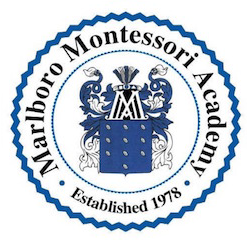
Navigation
Contact Info
Phone Number: 732-946-8887
CAMP: 732-946-2267
Email: admin@marlboromontessoriacademy.com
GPS Address
257 Highway 79
Morganville, NJ 07751
Mailing Address
P.O. Box 272
Wickatunk, NJ 07765
All Rights Reserved
All Rights Reserved | Marlboro Montessori Academy
Marlboro Montessori Academy
